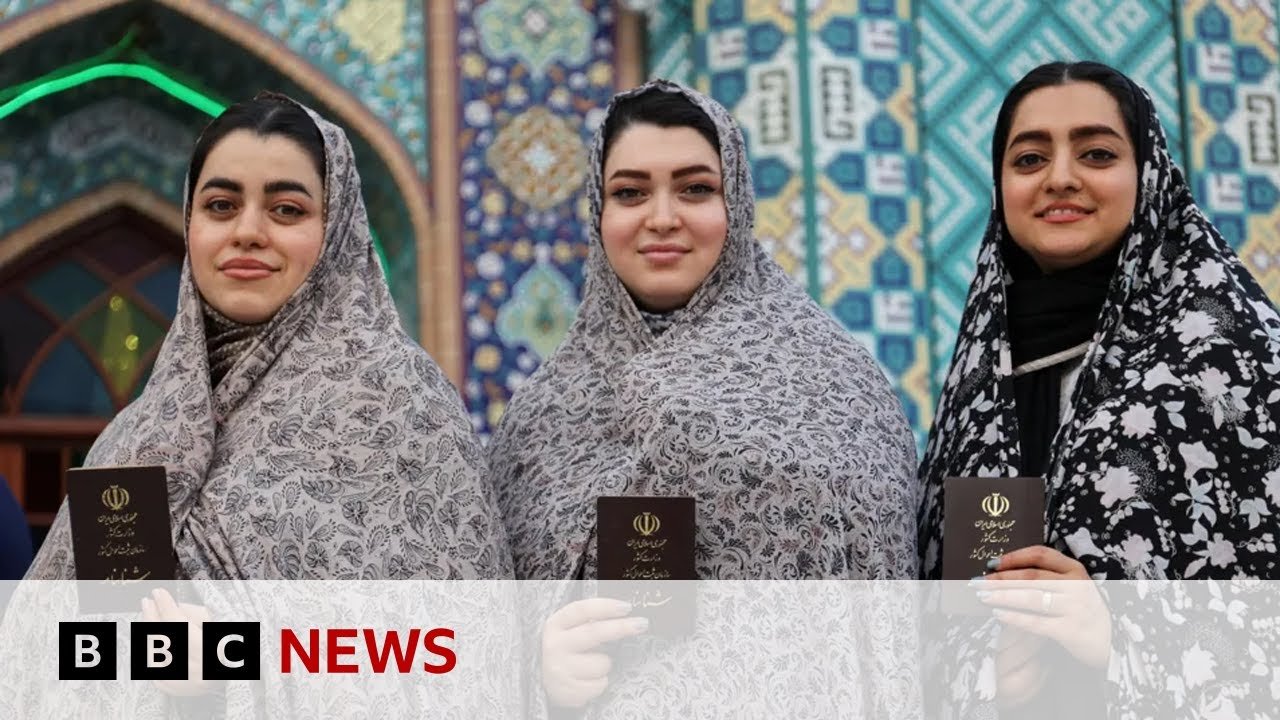In a significant development in Iran’s political landscape, the country is set to hold a runoff presidential election on Friday after no candidate achieved the required 50% of votes in the snap poll. This election, called following the death of President Ibrahim Raisi in a helicopter crash, saw a historically low voter turnout of about 40%, the lowest since the 1979 Revolution. This has raised questions about the legitimacy of the government. The runoff will see reformist candidate Massud Pezeshkian, a heart surgeon who garnered the most votes, competing against his hardline rival Saeed Jalili. Voter turnout and the candidates’ differing views on foreign policy and Iran’s nuclear deal are central to the discussions surrounding this election.
- Iran’s Interior Ministry announced a runoff presidential election after no candidate secured 50% of votes in a snap poll.
- Reformist Massud Pezeshkian, a heart surgeon, received the most votes, with hardliner Saeed Jalili coming in second.
- The election follows the death of ultra-conservative President Ibrahim Raisi in a helicopter crash.
- All four candidates were vetted by a committee of clerics before standing for election.
- Voter turnout was about 40%, the lowest on record since the 1979 Revolution, prompting discussions on the legitimacy of Iran’s government system.
- The runoff is seen as a pivotal moment, with voters choosing between further reform and maintaining a hardline stance.
- The low turnout has been interpreted as a significant message to the Iranian establishment and the Supreme Leader.
- The election outcomes so far indicate a radicalization within Iranian politics, with a divide between those supporting the system and those staying away from the polls.
- Candidates have divergent views on Iran’s nuclear deal and relations with the West, influencing their potential presidency.
- The significance of voter turnout and the collective nature of Iran’s political system are highlighted as crucial factors in the election’s implications.
The British Broadcasting Corporation is a British public service broadcaster headquartered at Broadcasting House in London. Originally established in 1922 as the British Broadcasting Company, it evolved into its current state with its current name on New Year’s Day 1927.
AllSides Media Bias Rating: Center
https://www.allsides.com/news-source/bbc-news-media-bias
Official website: https://www.bbc.com/
Original video here.
This summary has been generated by AI.

Leave a Reply